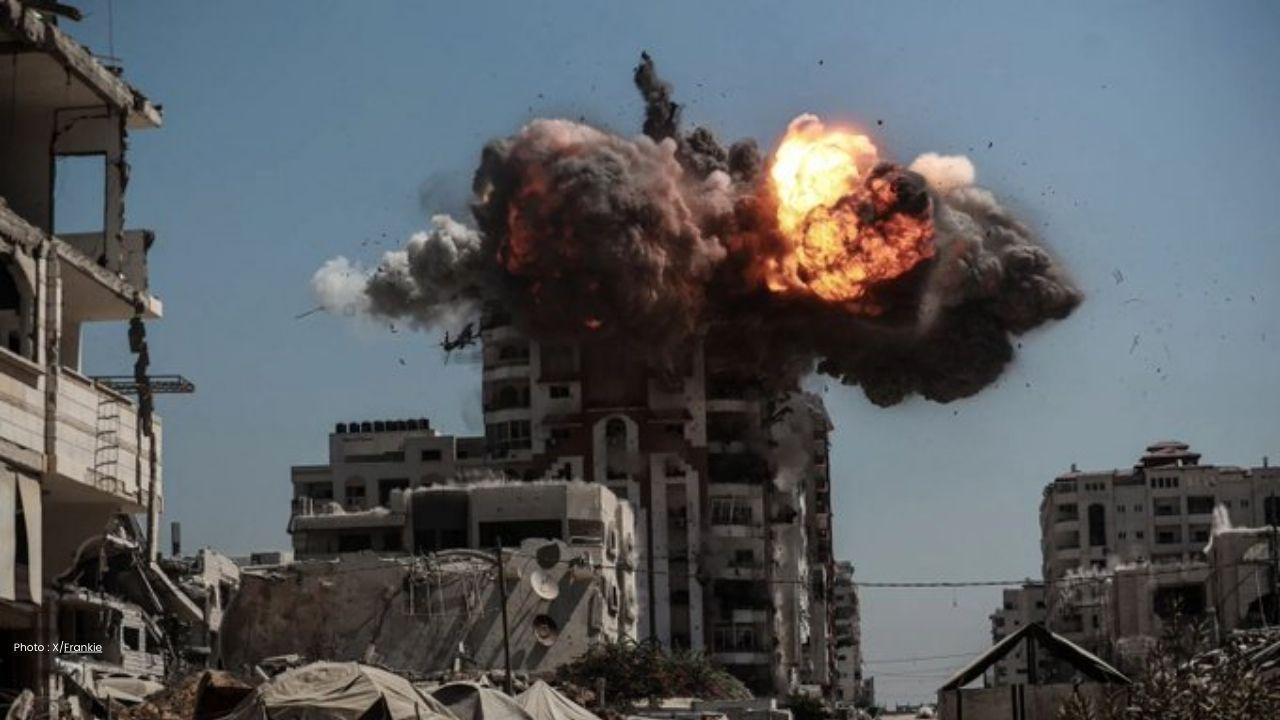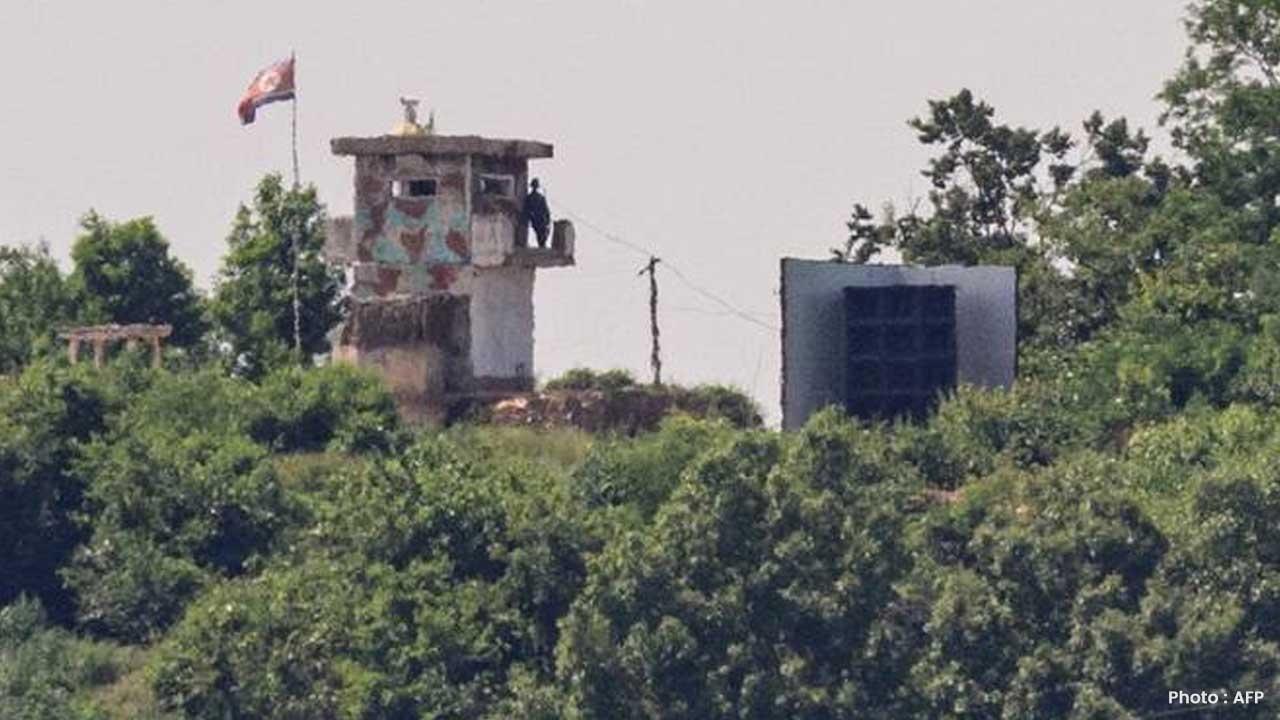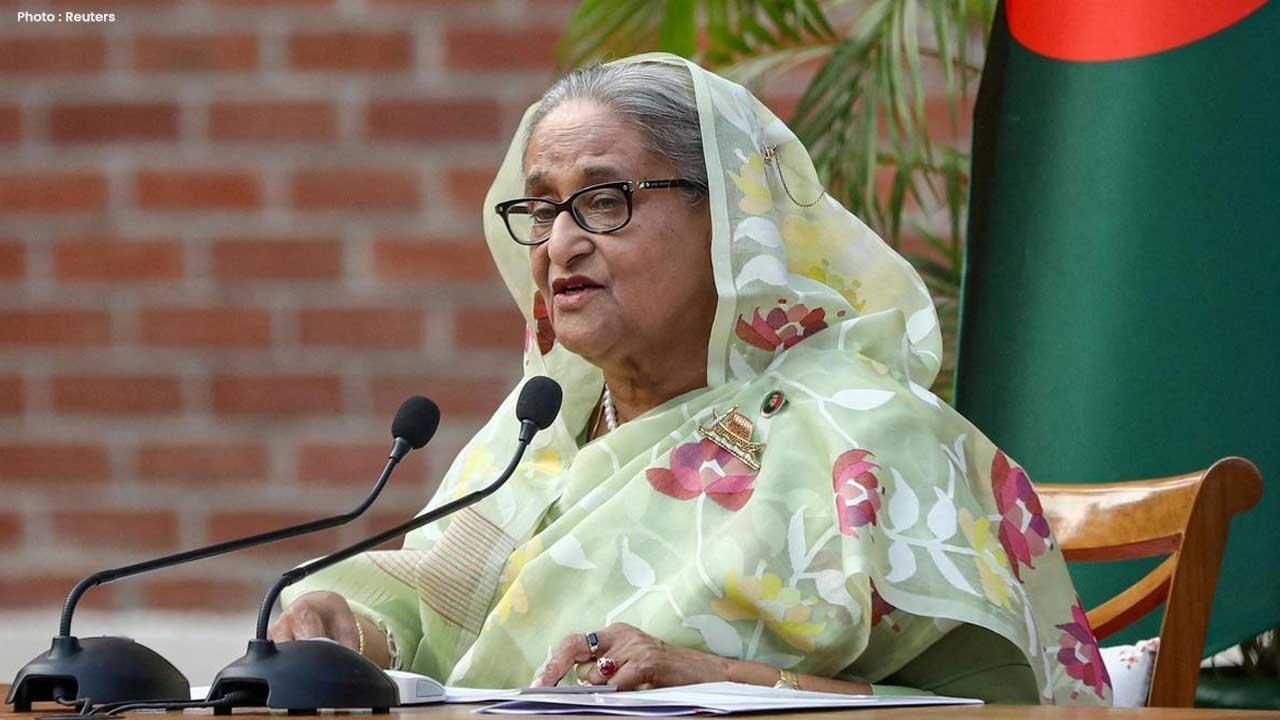
Post by : Abhinav Rana
A chilling silence has fallen over large parts of Gaza’s communication network that stretches beyond mere technical failure. On the morning of September 18, 2025, phone and internet services were disrupted across the Gaza Strip, coinciding with reports of Israeli tanks advancing into key city neighborhoods. The blackout and the mechanized movement together signal a dangerous escalation in the conflict, where information itself becomes a casualty.
Residents in Sheikh Radwan and Tel Al-Hawa, both strategic districts on the edges of Gaza City’s center, report that Israeli armored units have entered their streets. These areas have long been considered gateways toward the densely populated heart of the city. Witnesses say they have seen tanks deployed, with explosions caused by driverless explosive-laden vehicles compounding the sense of fear. The movements suggest that forces are preparing for a broader push.
The Palestinian Telecommunications Company confirmed that the blackout was caused by targeting of main network routes. Internet and phone links have gone dark in multiple zones. Often in war, severed communications are a prelude to intensified assault. For many trapped in Gaza City, this loss of connection means losing the ability to coordinate evacuations, warn loved ones, or document what is happening.
Local health authorities say that at least 14 Palestinians were killed on this day including nine in Gaza City alone by strikes or gunfire. But the full picture is obscured. With communications down, information flow is hampered and civilian suffering is increasing. Homes damaged or destroyed, rescue efforts delayed, and families unable to know whether those closest to them are alive or buried under rubble, all of this forms part of the growing crisis.
Israel has been urging civilians in northern Gaza to move south via opened corridors, warning of expanding operations. But many remain, unable—or unwilling—to leave. For some, it is fear of travel, the lack of safety en route, or belief that there is nowhere safe to go. For others, staying feels like maintaining dignity. In shelters, tents, or among destroyed blocks, residents confront both danger and displacement.
As the blackout and tank movements become widely reported, international actors are voicing alarm. Aid agencies warn that loss of telecom services not only isolates civilians but also impedes humanitarian planning. Without accurate information, aid delivery becomes a gamble. Critics of the Israeli operations say that cutting communications may amount to collective punishment; supporters argue that targeting infrastructure allegedly used by militants is part of military strategy. The debate is intensifying.
Gaza City, once the center of commerce, culture, and civilian daily life, has been largely torn apart over two years of conflict. What remains are embattled zones where rubble, destroyed infrastructure, intermittent power, and no telecom services shape experience of war for civilians. The entry of tanks into neighborhoods that are already damaged increases the likelihood of urban combat, more destruction of property, and rising civilian casualties.
Historically, communications blackouts in war have served strategic purposes: degrading enemy coordination, suppressing information leaks, and disorienting the opposing civilian population. In Gaza, these blackouts magnify fear, slow aid, and reduce visibility into human cost. For families outside Gaza, social media, journalism, and human rights groups risk losing accountability. Under these conditions, truth becomes fragile.
For those already sheltering in basements or tents, without water, medical access, or food, losing communication is another layer of vulnerability. When ambulances cannot be summoned, when children cannot contact parents, and when warnings of incoming strikes are not received—these are not merely inconveniences; they can be matters of life or death. Aid agencies warn that delays in treatment, displacement, and information blackout could turn urgent individual crises into collective tragedy.
In coming hours and days, signs to monitor include whether telecoms remain down or are restored, whether tank activity pushes further into Gaza City center, and how civilian displacement changes. Also crucial will be international response, especially whether diplomatic pressure mounts, whether corridors for evacuation remain safe, and whether aid can reach those cut off.
The telecoms blackout in Gaza, paired with the advance of tanks into strategic neighborhoods, confronts the world with a stark question: when communication is severed, who hears the suffering? Each loss of signal, each burst of gunfire near a home, each hour without contact compounds anguish. In destruction, silence can become a weapon. And as Gaza braces for what may come next, the world must decide whether to simply observe—or to act in voice and in witness.










Oscar Discharged from Hospital After Cardiac Scare
Former Chelsea star Oscar is out of the hospital following heart issues; Sao Paulo affirms his stabi

Tributes Pour in for Paige Greco, the 28-Year-Old Paralympic Star
Paige Greco, a gold medallist from the Tokyo 2020 Paralympics, tragically passed away at 28, leaving

Eagles Secure 16-9 Triumph Over Lions with Late First-Half Touchdown
The Philadelphia Eagles captured a 16-9 win against the Detroit Lions, thanks to Jalen Hurts' pivota

Baltimore Ravens Triumph with Andrews' Game-Sealing Touchdown
Mark Andrews' stunning 35-yard touchdown run in the fourth quarter propelled the Ravens past the Bro

Purdy’s Stellar Comeback Powers 49ers Past Cardinals
Brock Purdy shines in his return, guiding the 49ers to a decisive 41-22 win over the Cardinals with

Brendan Doggett Poised for Ashes Test Debut
Brendan Doggett's journey from carpenter to Test debutant is inspiring. He’s set to join Australia i